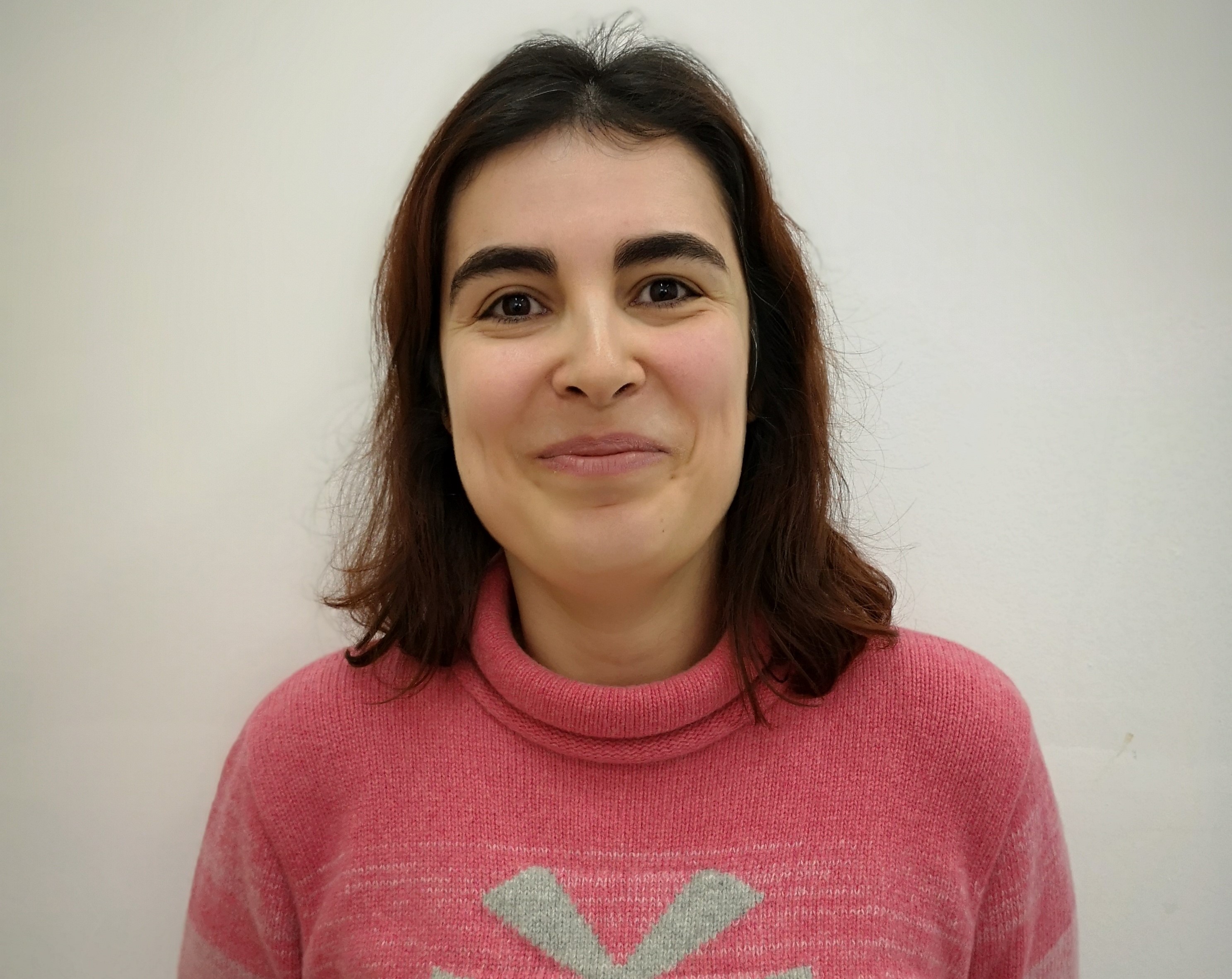
- +351 213 652 600
- +351 213 632 105
- Enviar Mail
- Download CV
- Orcid
- NOVA Research
Liliana Rodrigues
Grupo GHTM: TB, HIV and opportunistic diseases and pathogens, THOP PhD members
Liliana Rodrigues is an Assistant Professor at IHMT-NOVA and member of the GHTM R&D center. She hold a degree in Biology (Faculty of Sciences of Universidade de Lisboa, 2002), a MSc in Medical Microbiology (NOVA, 2006) and a PhD in Biomedical Sciences, specialization Microbiology (IHMT-NOVA, 2010). She participated in several research projects in the areas of drug discovery & resistance, including the FP7 project More Medicines for Tuberculosis (MM4TB, coordinator Prof. Stewart Cole, École Polytechnique Fédérale de Lausanne) and the Marie Skłodowska-Curie Actions Individual Fellowship (MSCA-IF) “Chemogenomics and in silico repurposing as an innovative approach for rapid drug discovery in tuberculosis” (iCHEMGENODRUGS_TB). In MM4TB, she developed an experimental approach for studying efflux of compounds from the project’s pipeline, studied the in vitro activity and mechanism of action of potential anti-tuberculosis (TB) candidates and evaluated synergistic interactions with other anti-TB drugs. In iCHEMGENODRUGS_TB, she used an in silico drug repurposing approach to find new drugs against TB. She has laboratory experience in: i) molecular diagnosis of TB and sexually transmitted infections (STIs); ii) manipulation of BSL-2 and BSL-3 pathogens; iii) in vitro evaluation of drug activity and toxicity; iv) computer aided drug repurposing. Liliana Rodrigues teaches in several curricular units of the PhD and MSc programs of IHMT-NOVA. She has also (co)supervised undergraduate and MSc students and participated in several MSc and PhD theses evaluation committees. Presently, her main research interest is to explore drug repurposing and computer aided drug discovery to find new drugs against TB, COVID-19, N. gonorrhoeae and other clinically relevant Gram-negative bacteria.
Ciência ID: 5618-CB13-BB18
Researcher ID: N-2463-2014
Scopus Author ID: 57200565603
Main areas of research:
- Characterization of antimicrobial resistance mechanisms in bacteria, namely the contribution of efflux pumps in Gram-negative bacteria and mycobacteria.
- Development of methods that allow the detection of efflux activity in bacteria and the in vitro testing of efflux inhibitors.
- Use of in silico methods and drug repurposing to identify compounds with antimicrobial or efflux inhibitory activity.
- Use of molecular methods for rapid diagnosis of sexually transmitted infections.
Research projects
- “Study of the activity of repurposed drugs against Neisseria gonorrhoeae: targeting membrane transport and energy metabolism”. GHTM/FCT – aims to determine the in vitro activity of over 50 in silico identified drugs that are predicted to act on energy metabolism and membrane transport in gonorrhoeae (2022-2023).
- “Chemogenomics and in silico repurposing as an innovative approach for rapid drug discovery in tuberculosis”. Marie Skłodowska-Curie Actions Individual Fellowship (H2020-MSCA-IF) – explored the use of in silico drug repurposing and chemogenomics for tuberculosis drug discovery (2018-2020).
Team: Alexandra Rusu (MSc student in Medical Microbiology), Ana Mendes (MSc student in Biomedical Sciences), Inês Vítor (MSc student in Biomedical Sciences).
- Rodrigues L., Bento Cunha R., Vassilevskaia T., Viveiros M., Cunha C. 2022. Drug repurposing for COVID-19: A review and a novel strategy to identify new targets and potential drug candidates. Molecules 27(9):2723.
- Rodrigues L., Aínsa J.A., Viveiros M. 2021. Measuring efflux and permeability in mycobacteria. Methods Mol Biol. 2314: 231-245.
- Rodrigues L., Cravo P., Viveiros M. 2020. Efflux pump inhibitors as a promising adjunct therapy against drug resistant tuberculosis: a new strategy to revisit mycobacterial targets and repurpose old drugs. Expert Rev. Anti. Infect. Ther. 18(8):741-757.
- Mori G., Orena B.S., Franch C., Mitchenall L.A., Godbole A.A., Rodrigues L., Aguilar-Pérez C., Zemanová J., Huszár S., Forbak M., Lane T.R., Sabbah M., Deboosere N., Frita R., Vandeputte A., Hoffmann E., Russo R., Connell N., Veilleux C., Jha R.K., Kumar P., Freundlich J.S., Brodin P., Aínsa J.A., Nagaraja V., Maxwell A., Mikušová K., Pasca M.R., Ekins S. 2018 The EU approved antimalarial pyronaridine shows antitubercular activity and synergy with rifampicin, targeting RNA polymerase. Tuberculosis (Edinb). 112:98-109
- Rodrigues L., Parish T., Balganesh M., Ainsa J.A. Antituberculosis drugs: reducing efflux=increasing activity. 2017. Antituberculosis drugs: reducing efflux=increasing activity. Drug Discov. Today. 22(3):592-599.